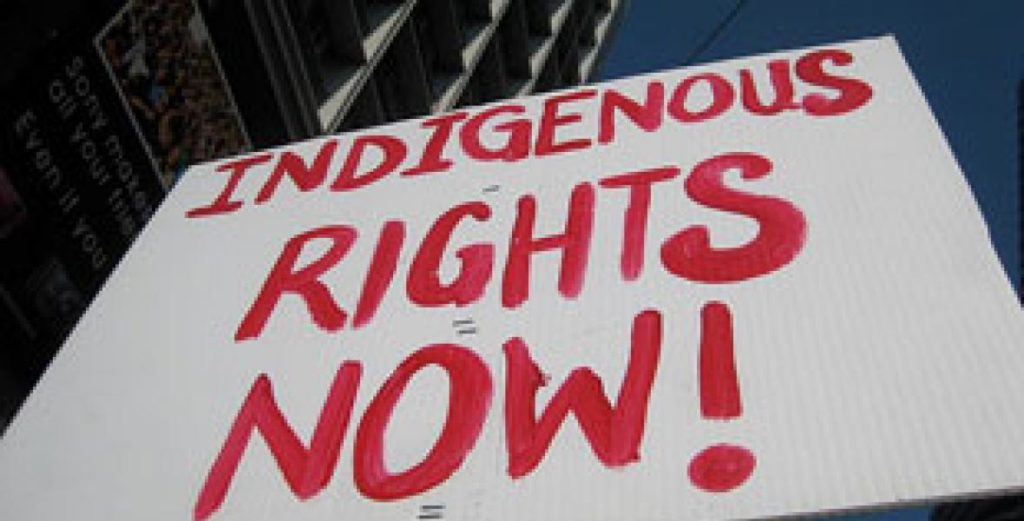A photo of my father is clipped to a lamp at my desk. It is about Summer time, and you can see the pinned clothing on the line blowing with the wind. The trees are full and alive, as he holds my two-year old body, completely wrapped around me with both of his arms. Like a tree rooted through the soil, he is anchoring on to the things that provide him life, love and purpose. Smiling together, you can see this moment in time also captures love. It is through my father’s blood line that connects me to my heritage and culture as a Mi’kmaq woman.
Kwe, teluisi Shaya MacDonald. Wejiey Unama’kik, Ktaqmkuk, Mi’kmakik. Hello, my name is Shaya MacDonald. I come from the Land of the Fog, Cape Breton Island, and Newfoundland, situated on Mi’kmaq Territory. This is the land originally inhabited by my Peoples. This is where my ancestors lived, thrived and survived. This is Mi’kmakik.
I am not one singular thing as I am many things. I am a dreamer. I am a crafter. I am partner, a sister, an auntie, a child, and a lover. I am Mi’kmaq. I am non-status Indian and I come from Kitpu First Nations, Ktaqmkuk.
https://youtube.com/watch?v=QUF8RvquhdU
The Indian Act is a discriminatory piece of legislation and is the only race-based law in Canada that divides Indigenous Peoples by our blood lines. The Indian Act also defines the relationship between Indigenous Peoples and Settler Canadian government and regulates the memberships of Indigenous Peoples, access to reserve lands, and services, – by dividing us into status and non-status Indians.
Although the Indian Act has no direct effect on me as a non-status Mi’kmaq person, my family has historically lost status because of it. If today I were permanently residing on the land of Ktaqmkuk, I would likely be a status Indian, as my family members are on the list of founding members for Qalipu First Nation.
Being status/non-status can affect our worth and identity – as status is tied directly to our blood lines and therefore it is woven in to our identity. Without status, I have felt within myself, and heard from others, feelings of denial, undeservingness, invalidation from others, and feeling like we don’t have the right to claim our Indigeneity, or that we are not native enough to do so. Our identity, our worth and our culture all come from within. It comes from our blood memory, our lineage, our story, our history, and our community. It comes from the land.
There has been trauma throughout my family in generations –cultural trauma, spiritual trauma, physical, emotional and relationship trauma. And I experience this on a daily basis in terms of how this trauma has impacted my development, and the relationships I have with everyone around me.
The Indian Act is part of a long history of assimilating policies, and whether you are status or non-status – It is influencing who you are today. There is still discrimination today against Indigenous women when it comes to passing on their status to their descendants, and it is estimated that 270,000 women and their descendants are affected by this (see Bill S3)
My question to you is, how do you empower others? Our family, our loved ones, our community, that they deserve this. They deserve to claim Indigeneity regardless of being classified as status or non-status Indian. And that a card, a number, does not have to predict our identity, our worth, and most importantly, who we are today.
Wela’lin.
Msit No’Kmaq.
Shaya MacDonald
